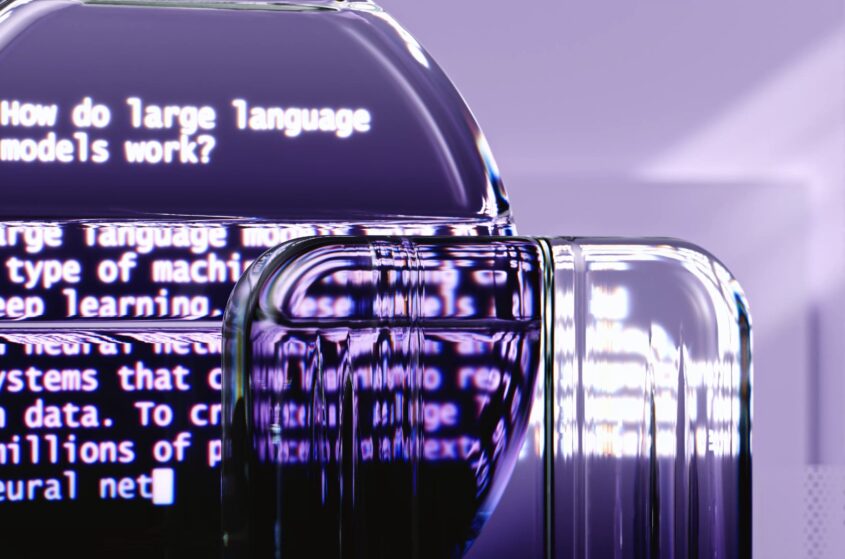Legal IP Issues in Generative AI
The advent of generative artificial intelligence (AI) has revolutionized content creation, giving rise to innovative applications like large language models that can generate music, art and text. While it sounds exciting, they also usher in a host of legal intellectual property challenges. We highlight 2 interesting scenarios below:
1. Ownership and Authorship Disputes
In traditional creative processes, the individual or team who creates the work is considered the author and owner. However, with AI-generated content, pinpointing the original author becomes intricate. It raises uncertainty about whether the programmer, the user or the AI model, are authors or owners. Current Malaysian copyright law, as it stands, require human intervention/involvement in line with the requirement of originality for one to be recognised as an author. This means that AI-generated work (which is computer generated) may not qualify for copyright protection in Malaysia.
2. Copyright Infringement and Fair Use
Generative AI models often learn from vast datasets, and there’s a risk that they may produce content resembling existing copyrighted works. This poses challenges related to copyright infringement. Numerous cases brought against AI developers are now underway challenging the validity of using scraped datasets to train the AI models for commercial profit. This can be seen in the case of Andersen v Stability AI1 and Getty Images v Stability AI2 where allegations by the plaintiffs, include, unauthorised use of copyrighted images to defendants’ image-generating models depriving the plaintiffs of commissions and allowing the defendants to profit from the artists’ copyrighted works; outputs were infringing copies of the copyrighted works; and appearance of watermarks in the outputs. The defendants are expected to argue that their activities fall within the fair use doctrine.
In summary, generative AI has become a very powerful tool in content creation. Addressing the intellectual property challenges requires a multidimensional approach, involving legal frameworks that acknowledge the unique nature of AI-generated content. Lawmakers, businesses and AI developers must collaborate to establish ethical guidelines and legal standards that strike a balance between fostering innovation and safeguarding rights of the IP holders.
